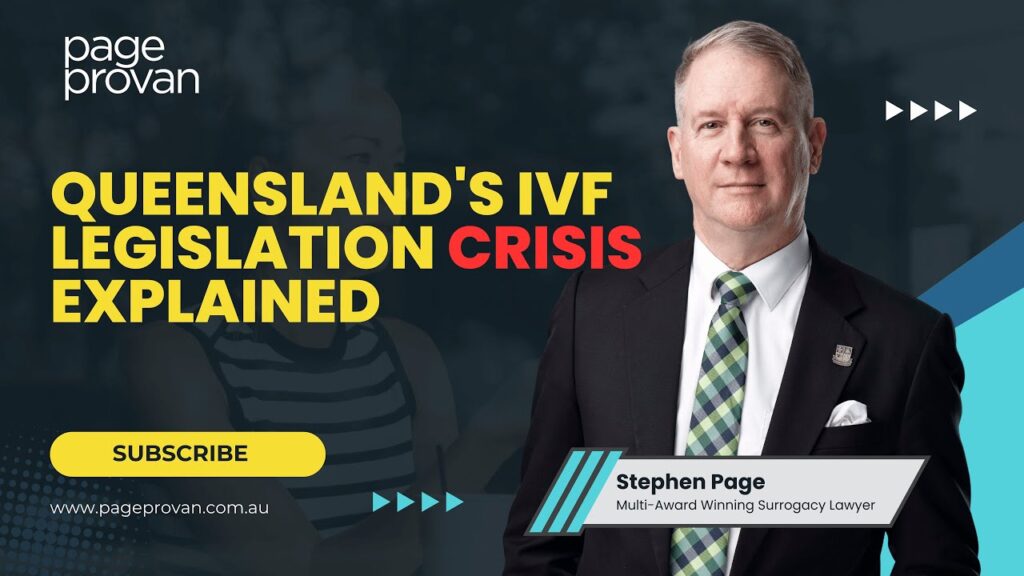The three basic rules of advocacy- taught to me by a man on Monday
After all when you are in court usually you are seeking to persuade one person- the judge. Advocates have to tread a fine line between forceful advocacy for their clients, and not going too far.
Those who act for themselves usually have not been advocates, and simply are not objective, and often focus on the wrong things. Sometimes they are even worse, bordering on the abusive of the judge. As the old adage goes- a person who acts for themselves has a fool for a client.
Be that as it may, often when people do not have any money, they act for themselves. If they are going to do so, then they should listen as to what not to do.
The three lessons that can be learnt from the man who did not know when to shut up are:
Number three lesson
Turn up at court.
His first sin was not to turn up at court. This was not the first time it had happened. The previous occasion after he had not turned up, the man had been ordered by the judge to set out in an affidavit why he had not appeared. His excuse was akin to the dog ate his homework: he forgot, oh and his lawyer did not send the letter through confirming the date. And he was the applicant, asking the court to be able to spend time with his children.
Number two lesson
When the judge speaks- stop talking.
His second sin was to keep talking when the judge was talking. Several times her Honour had to politely intervene, and point out to him that she had telephoned him to get an explanation about why he was not at court, and tried to give him an explanation that I was seeking orders in default of his participation. And his reaction to that courtesy? To keep talking over the top of the judge- to then be told repeatedly by her Honour to the effect that it was her turn to speak.
Number one lesson
Don’t abuse the judge
So after x occasions of the judge telling the man not to talk over the top of her, he raved, and raved and raved on, finishing with words I had never heard in a courtroom directed at a judge before: “You can go and @#*& yourself”. (At which point almost everyone in the courtroom gasped.)
Her Honour’s reaction was not to order a warrant issue for his arrest for contempt, but merely these statements: “Terminate the call. [Pause] Now, Mr Page, what orders are you seeking?”
Shortly after that, with assistance from the independent children’s lawyer, my client obtained the orders she was seeking from the court in the absence of the father. And in the process saved a lot of money and heartache by avoiding a three day trial.
Thank you! His actions had ended the third of three cases involving that man and my client. Hooray, what a relief!











